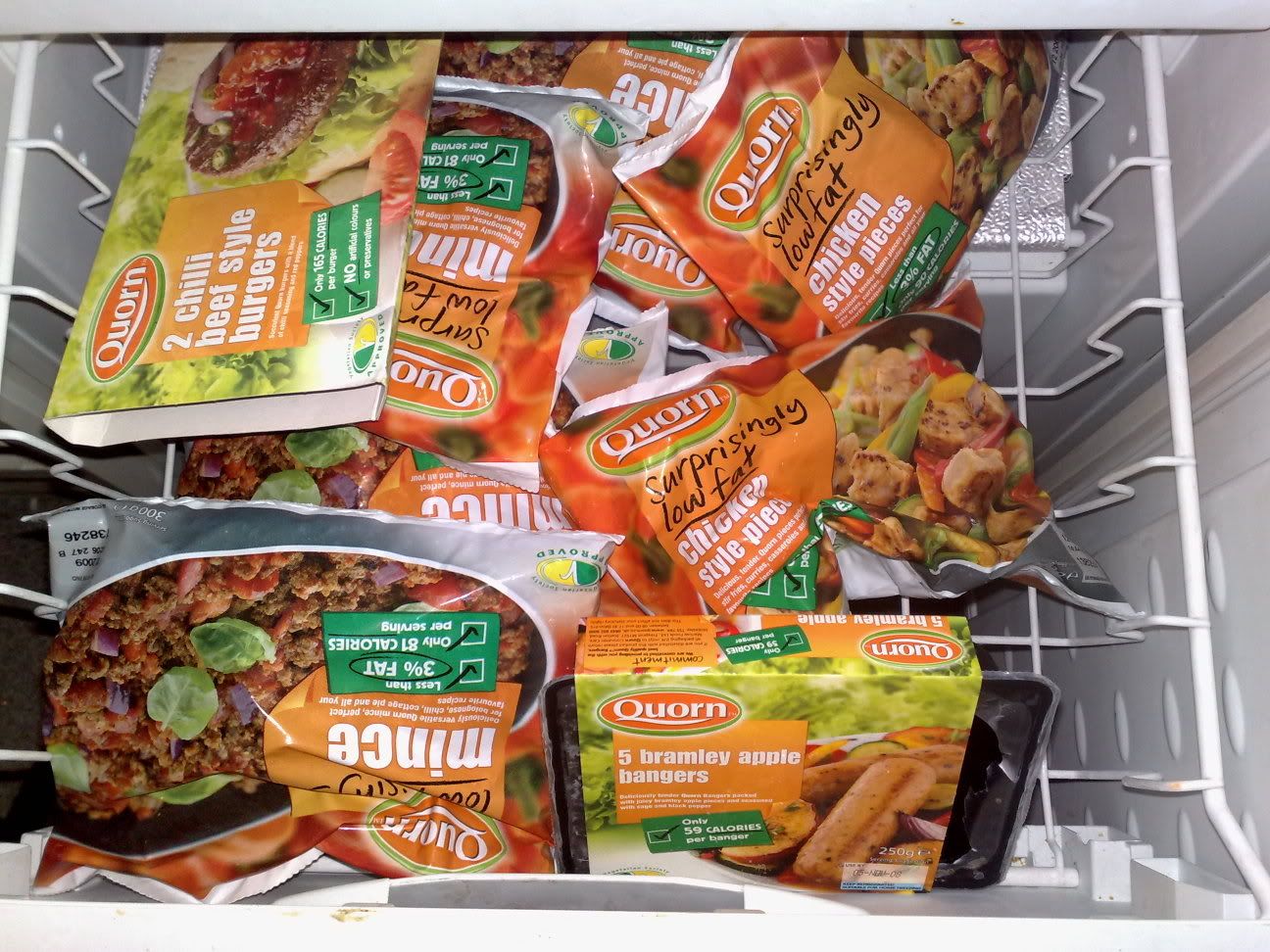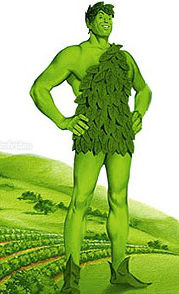I...am ginger. Well I'm often called that, I would say
I'm auburn, but let’s not split hairs about that, whether they be auburn,
electric copper or strawberry blonde. But us 'gingers' have come under a lot of
teasing to date. Names like carrot-top, ginger-ninja, ginger-nut...I could go
on with a pretty long list there, but post isn’t intended to be a 'ways to diss
a ginger' post. But the thing is I actually like my hair, so I've decided to
look at the whole 'issue', if that's the word, of being ginger.
 So why the abuse? I mean look at the team G, we've got
Rupert Grimpet, Ed Sheran, Prince Harry (who as we know isn’t too self
conscious about showing it all off) , Nicole Kidman, Florence (unsure about the
machine), Tim Minchin, Allison Hanningan, the little mermaid…loads of cool
celebrities sporting red locks. So what's the fuss about?
So why the abuse? I mean look at the team G, we've got
Rupert Grimpet, Ed Sheran, Prince Harry (who as we know isn’t too self
conscious about showing it all off) , Nicole Kidman, Florence (unsure about the
machine), Tim Minchin, Allison Hanningan, the little mermaid…loads of cool
celebrities sporting red locks. So what's the fuss about?
With approximately 1-2% of the human population
being natural redheads, we are in the minority. Scotland has the
highest proportion of redheads with 13% of the population having red hair (ouch
aye we do!), and 40% carrying the gene for red hair.
And what is it that gives us such a red mane? It is
two copies of a recessive gene on chromosome 16 which cause a mutation in the
MC1R protein to result in a person having what is scientifically known as, a ‘tinge
of the ginge’. Some of you may have heard that gingers will die out in 100
years - I am happy to say this is a hoax – the whole thing originated from
research and articles from a manufacturer of hair dye - funny that eh?
Things on the ginger topic have more recently become
more serious, with some saying red hair is the last physical trait people can
mock - would you go into an office and make a joke about someone’s ethnicity,
religion or sexuality? No, this would be crossing a boundary and those of us
with a brain would know this is very offensive. So why is it widely accepted to
mock the trait of hair colour?
Now, although I can see the principle in this
argument, I think that may be taking it all a bit too seriously. Unfortunately
the mean kids at school will always find something to tease others about - you
could argue if it wasn't their hair they would tease them about their height,
weight, what they wore, etc. It's just that unfortunately red hair is an easy
target.
Hand in hand with red hair comes fair skin and UV
sensitivity, with us redheads being more susceptible to skin cancers - so get
out the factor 50 people! There is also evidence that redheads require more
anesthesia than non-redheads - in 2002 a study was published that showed
redheads needed 20% more
As well as this, researchers
have found a link between this gene and increased sensitivity to pain in
studies of mice. So you could sum this up that we're more likely to get cancer,
harder to knock out (with anesthesia I hasten to add, please don't punch us…)
and are more susceptible to pain...not the best associations! Saying
that, nothing is so simple and there are other studies which say redheads are
less sensitive to pain, so this is an area needing more study for the moment.
But it's
not all doom and gloom. At the end of the day, us redheads are rare and rather
special. In the Netherlands they have Redheadday every year, which is a huge
celebration in the form of a two day festival, which had thousands attending in
recent years. And we all know someone who has dyed their hair red - the natural
red hair some are embarrassed about, others are giving themselves synthetically to join our clan!
Red hair
means different things to different people, but for me, I'm happy in team G.






















